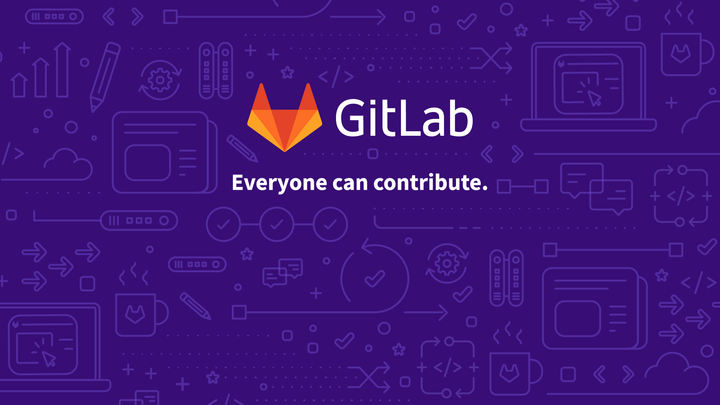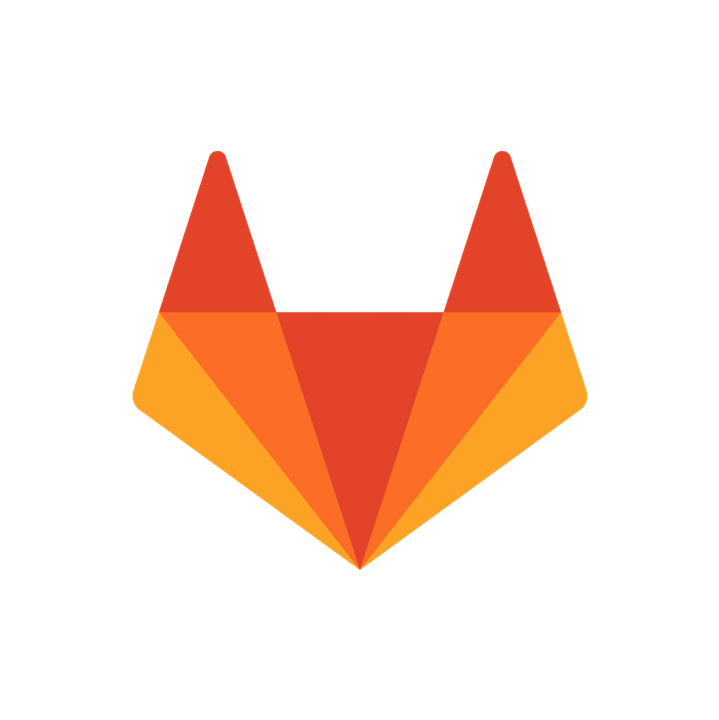



Followers
1
Category
Developer Tools
Tag
Software
GitLab Inc. is the open-core company that provides GitLab, the DevOps platform that combines the ability to develop, secure, and operate software in a single application. The open source software project was created by Ukrainian developer Dmitriy Zaporozhets and Dutch developer Sytse Sijbrandij.
Since its founding, GitLab Inc. has been centered around remote work. GitLab has an estimated 30 million registered users, with 1 million being active license users.
The code was originally written in Ruby, with some parts later rewritten in Go, initially as a source code management solution to collaborate within a team on software development. It later evolved to an integrated solution covering the software development life cycle, and then to the whole DevOps life cycle. The current technology stack includes Go, Ruby on Rails, and Vue.js.
It follows an open-core development model where the core functionality is released under an open-source (MIT) license while the additional functionality such as code owners, multiple issue assignees, dependency scanning and insights are under a proprietary license.
Resource: Wikipedia
GitHub
GitHub, Inc. is a provider of Internet hosting for software development and version control using Git. It offers the distributed version control and source code management (SCM) functionality of Git,
Git
Git is a distributed version control system designed to manage and track changes to files. It is commonly used by software developers working collaboratively to manage source code efficiently. Gi
Visual Studio Code
Visual Studio Code is a source-code editor made by Microsoft for Windows, Linux and macOS. Features include support for debugging, syntax highlighting, intelligent code completion, snippets, code refa
Xcode
Xcode is Apple's integrated development environment (IDE) for macOS, used to develop software for macOS, iOS, iPadOS, watchOS, and tvOS. It was first released in 2003; the latest stable release is ver
Android Studio
Android Studio is the official integrated development environment (IDE) for Google's Android operating system, built on JetBrains' IntelliJ IDEA software and designed specifically for Android developm
Postman
Postman is an API platform for building, testing and using APIs. Postman simplifies each step of the API lifecycle and streamlines collaboration so you can create better APIs—faster. Resour
Spotify
Spotify is a Swedish audio streaming and media services provider founded on 23 April 2006 by Daniel Ek and Martin Lorentzon. It is the world's largest music streaming service provider, with over 381 m
SoundCloud
SoundCloud is a popular music streaming and sharing platform, founded in 2007. It enables independent artists to upload and share their music directly with listeners. Key Features:Access to milli
YouTube Music
YouTube Music is a music streaming service developed by YouTube, a subsidiary of Google. It provides a tailored interface for the service, oriented towards music streaming, allowing users to browse th
Discord
Discord is an American VoIP, instant messaging and digital distribution platform designed for creating communities. Users communicate with voice calls, video calls, text messaging, media and files in
Canva
Canva is a graphic design platform, used to create social media graphics, presentations, posters, documents and other visual content. The app includes templates for users to use. The platform is free